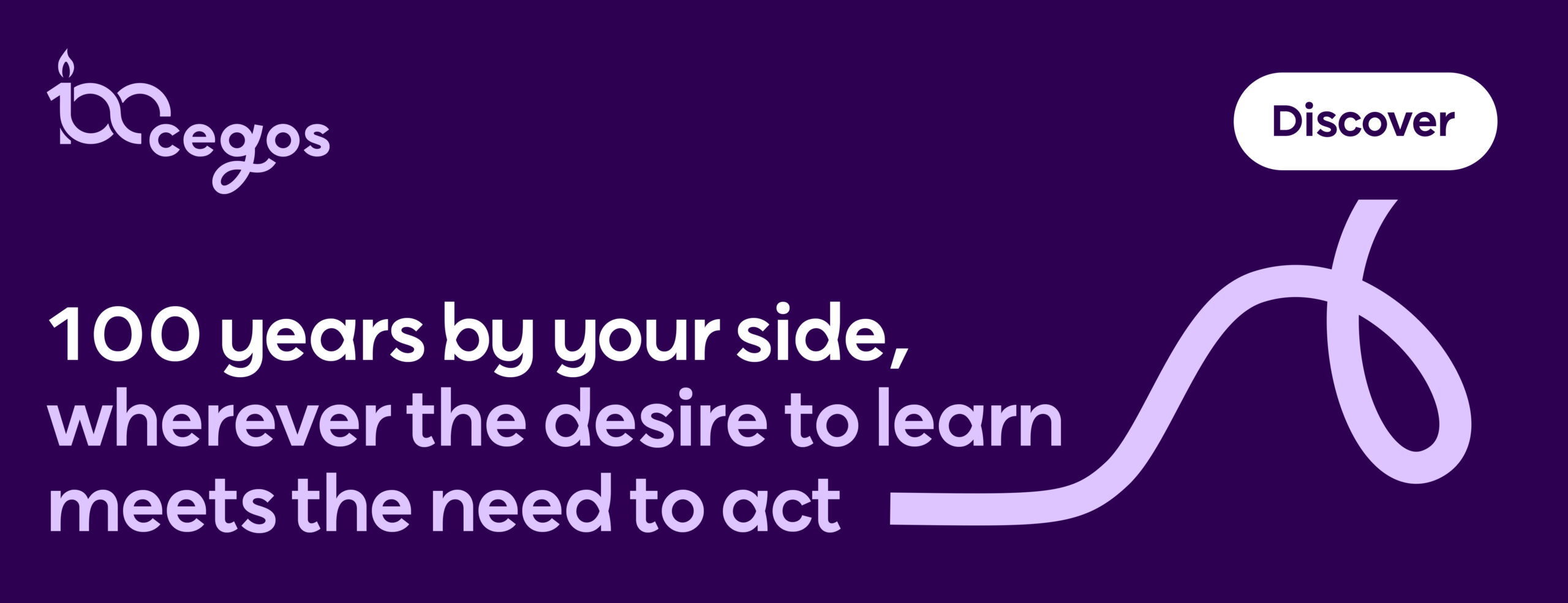
Mag summary
- 1) Training moving rapidly towards virtual delivery
- 2) Many skills relevant today likely to be obsolete within 3 years
- 3) Soft Skills training is fast becoming a priority for business
- 4) Employees are more invested in training than ever
- 5) Employers demand programmes geared towards Performance Learning
- Christophe Perilhou
It is an understatement to say 2020 has been an interesting year. The health crisis has disrupted everything, and the training sector has seen some massive changes as a result.
Each year, Cegos conducts our ‘barometer’ survey, where we take the temperature of the training industry to see what is hot and what is not among the HR and business community. The 2020 survey makes for fascinating reading. It records the changes companies have been making in light of the pandemic and how they will affect the future of training once the health crisis recedes.

For the 2020 survey, we interviewed 1,783 employees and 254 HR directors and managers across four European countries – France, Germany, Italy and Spain. Their responses show that things are changing fast, so let’s look at five emerging trends:
1) Training moving rapidly towards virtual delivery
89% of HR directors said they adjusted their online training offer to continue training during lockdown and afterwards. Many of these training programmes had been organised before the pandemic but were delivered online rather than in person.
81% of HR directors expect that future training courses organised by their company will place a greater emphasis on virtual training than before the health crisis. Indeed, 64% of employees have taken some form of online training this year and 84% said that they were either very happy or satisfied with their experience. This has helped to smash some of the negative preconceptions of online training. As such, it is clear that both managers and employees feel more comfortable with training online than ever before.
2) Many skills relevant today likely to be obsolete within 3 years
A surprise finding from the survey was that HR directors believe around 45% of jobs in their organisation could become obsolete within 3 years. This is down to several factors, including social, technological and environmental. Employees are aware of this issue, too, with 77% fearing that transformations will change their job fully or partly in the next few years. Employers, therefore, are refocusing their training programmes on upskilling for the future.
3) Soft Skills training is fast becoming a priority for business
When asked which skills are a top priority, 35% of managers responded with digital skills, 34% mentioned soft skills and 24% said management skills. "Until very recently, HR Directors essentially solved any issues they had in certain positions by recruiting,” says Christophe Perilhou, Learning & Solutions Director at Cegos Group. “Today, due to transformation, these issues are becoming more marked, more frequent, more complex and more cross-functional in nature. This has led HR Directors to place a greater and broader emphasis on developing the skills of all their employees.”
4) Employees are more invested in training than ever
Many employees now see training as an essential tool to help them remain competitive in the jobs market and develop their careers. Indeed, a significant proportion are prepared to invest in their own training to make this happen, and not simply rely on training provided by the company. A staggering 90% of employees say they are willing to do self-study training in order to adapt to transformations in their jobs and professions. 62% consider responsibility for skills development should be shared between employee and employer.
5) Employers demand programmes geared towards Performance Learning
All of these trends show that the vast majority of employees and managers value training very highly. As such, they expect to see results. 46% of respondents said that on-the-job training and the application of training in the workplace should be encouraged and facilitated. Performance Learning – learning directly linked to how people perform in their jobs – has become a paramount concern for business leaders, so this will need to be a focus for training companies going forward.
This year’s Barometer survey demonstrates that the way we train and learn will never be the same again. We must all respond to the changing nature of work, which was a significant trend even before the pandemic hit.
"As the European leader in vocational training, this crisis reminds us of our core mission on a daily basis: to respond to the crucial challenge of skills development in a sustainable and responsible way,” says Cegos Group Board member, Guillaume Huot. “Today, all the different stakeholders seem ready to take action – public authorities, companies, employees, training organisations – and this crisis therefore provides various opportunities to bounce back.”
Indeed, the ability to bounce back is essential for business survival. But our survey shows we will not be going back to the old ways. It is time to forge a new future in light of a turbulent but life-changing year.











